This article was co-authored by Alex Dimitriu, MD and by wikiHow staff writer, Aly Rusciano. Alex Dimitriu, MD is the Owner of Menlo Park Psychiatry and Sleep Medicine, a clinic based in the San Francisco Bay Area with expertise in psychiatry, sleep, and transformational therapy. Alex earned his Doctor of Medicine from Stony Brook University in 2005 and graduated from the Stanford University School of Medicine's Sleep Medicine Residency Program in 2010. Professionally, Alex has dual board certification in psychiatry and sleep medicine.
There are 12 references cited in this article, which can be found at the bottom of the page.
wikiHow marks an article as reader-approved once it receives enough positive feedback. In this case, several readers have written to tell us that this article was helpful to them, earning it our reader-approved status.
This article has been viewed 860,824 times.
Beep! Beep! Beep! You groan as you smack the snooze button on your alarm for what feels like the hundredth time. Waking up on time is definitely a chore, and you certainly don’t enjoy it. But what if we told you there were ways to make it easier? Getting up in the morning doesn’t have to be a hassle, and with a few tips and tricks, you can quickly turn yourself into a morning person. So, if you’re tired of snoozing your alarm every morning and racing to get to work on time, keep reading.
Steps
References
- ↑ https://www.fastcompany.com/3041455/8-tricks-to-make-yourself-wake-up-earlier
- ↑ Alex Dimitriu, MD. Sleep Specialist. Expert Interview. 16 October 2019.
- ↑ https://www.cdc.gov/niosh/emres/longhourstraining/light.html
- ↑ https://www.ncbi.nlm.nih.gov/pmc/articles/PMC6893716/
- ↑ https://www.mayoclinic.org/healthy-lifestyle/adult-health/in-depth/sleep/art-20048379
- ↑ https://www.fastcompany.com/3041455/8-tricks-to-make-yourself-wake-up-earlier
- ↑ https://www.fastcompany.com/3041455/8-tricks-to-make-yourself-wake-up-earlier
- ↑ https://www.hopkinsmedicine.org/health/wellness-and-prevention/melatonin-for-sleep-does-it-work
- ↑ https://www.cdc.gov/sleep/about_sleep/how_much_sleep.html
- ↑ https://health.clevelandclinic.org/put-the-phone-away-3-reasons-why-looking-at-it-before-bed-is-a-bad-habit/
- ↑ https://health.clevelandclinic.org/what-is-the-ideal-sleeping-temperature-for-my-bedroom/
- ↑ https://www.mayoclinic.org/healthy-lifestyle/adult-health/in-depth/sleep/art-20048379
- ↑ https://health.clevelandclinic.org/is-eating-before-bed-bad-for-you/
- ↑ https://greatist.com/live/sleep-white-noise
- ↑ https://www.mayoclinic.org/healthy-lifestyle/nutrition-and-healthy-eating/in-depth/food-and-nutrition/art-20048294
About This Article
To make sure that you get up in the morning, try putting your alarm clock or phone on the other side of your room so you have to get out of bed to turn it off in the morning. Go to bed with your blinds or curtains open too, since the bright light in the morning will help wake you up. When you get out of bed, do some simple stretches or quick yoga poses to activate your muscles and wake your body up. At night, avoid looking at your phone or computer for at least 1 hour before bed since the light from screens can make it harder to get a good night's sleep. Remember to get at least 8 hours of sleep every night so you wake up feeling well-rested and ready to start your day. Keep reading for tips on getting a good night’s sleep so you’ll feel refreshed in the morning!
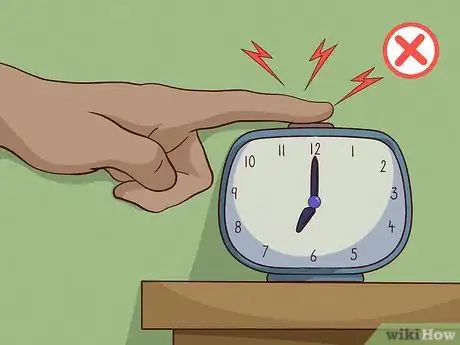
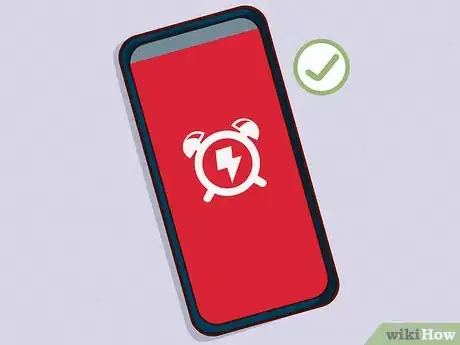

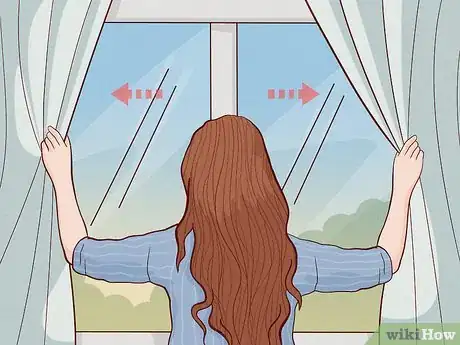

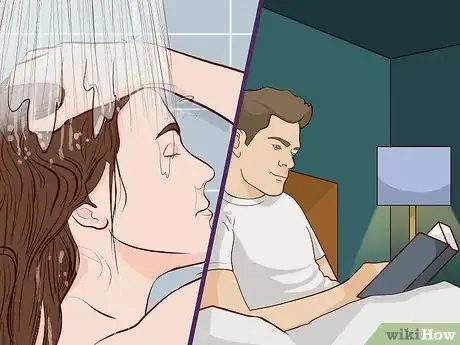

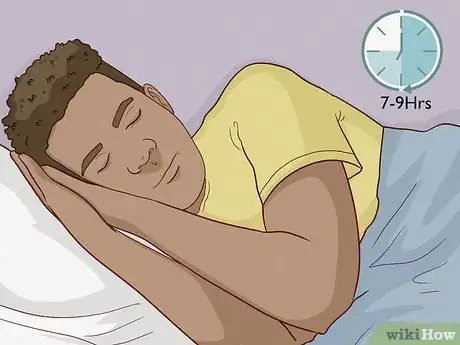
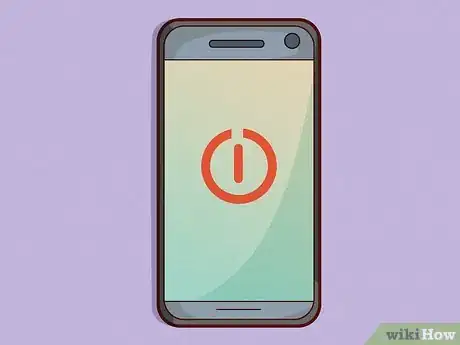
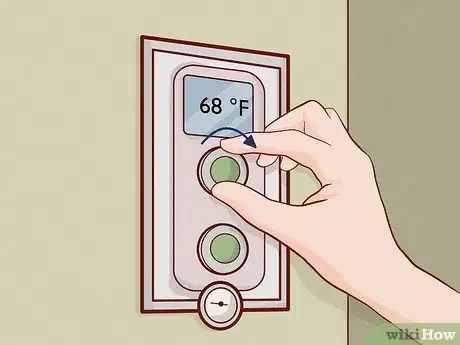
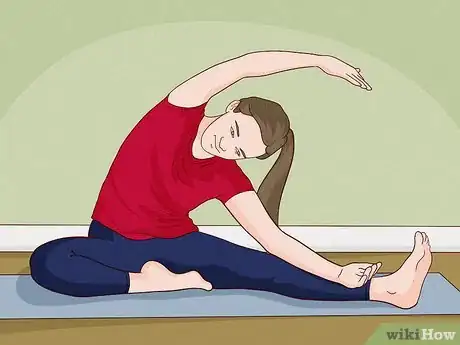




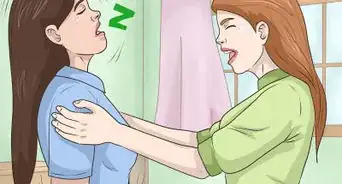

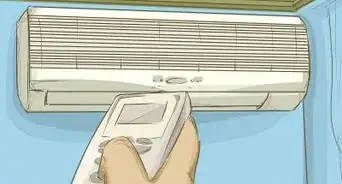






















































Medical Disclaimer
The content of this article is not intended to be a substitute for professional medical advice, examination, diagnosis, or treatment. You should always contact your doctor or other qualified healthcare professional before starting, changing, or stopping any kind of health treatment.
Read More...